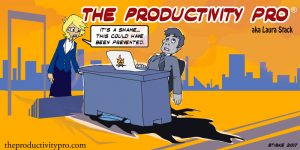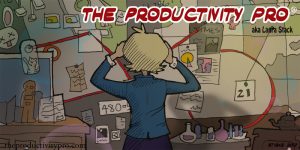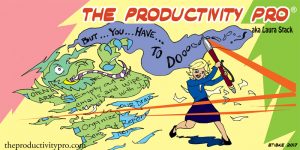
“I prefer physical exhaustion over mental fatigue any day.” – Clotilde Hesme, French actress. By some estimates, the average worker makes 35,000 decisions during their work day. They include what to wear and eat, the type of latte to buy at Starbucks, and whether to open a new tab on your browser or check email. Every click is a decision. According to some experts, you start the day with only so much ability to decide. Once you get below a certain level of "ego depletion," you reach "decision fatigue." At first, researchers thought this was purely a mental effect. But as with the candy commercials, where someone turns from a mean grouch into a cool character after eating a Snickers bar, other research has convincingly linked decision fatigue to your level of the brain's favorite … [Read more...]











